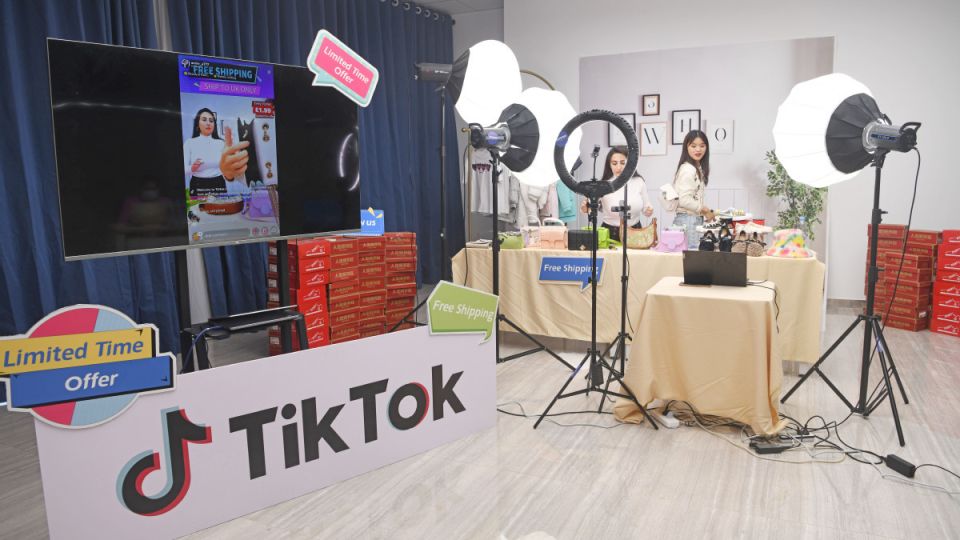Leveraging the immense popularity and reach of the TikTok social media platform, TikTok Shop offers a unique shopping experience that seamlessly integrates short-form video content with a wide array of products and services.
As soon as this week, the Ministry of Trade in Indonesia is gearing up to unveil updated ecommerce regulations, according to an official. The outcome of this regulatory revision could wield significant influence over the prospects of TikTok Shop, the ecommerce extension linked to the widely-used short-video platform, within the nation.
Isy Karim, the Director General of Domestic Trade at the ministry, indicated that the revised regulations are currently in the final stages of preparation before they are submitted to the Ministry of Law for review.
Indonesian regulators have been closely examining TikTok amid concerns that TikTok Shop, an integrated feature within the main app, might be exerting undue control over the market.
One of the key contentious issues addressed in the updated regulations is the potential prohibition of ecommerce transactions on social media platforms.
While attempting to sell his clothing merchandise from his market store, Hendri Tanjung, a clothing retailer, finds it challenging to attract Indonesian customers. He observes that shoppers are increasingly opting for more affordable alternatives on TikTok, which is significantly impacting his income.
At Tanah Abang, the largest textile market in Southeast Asia, Hendri Tanjung, a 35-year-old vendor, joins the chorus of sellers attempting to attract the attention of passersby.
The normally bustling marketplace in Jakarta appears less crowded than usual, with several shops closed. Many of the market’s thousands of merchants, who offer products manufactured in factories or crafted by tailors and weavers, voice concerns about the adverse effects of TikTok’s thriving e-commerce division on their businesses.
“We want the government to close TikTok Shop, or at least regulate them. I feel bad for my employees,” said Tanjung.
Within the past year, Indonesians have outspent their regional counterparts on the Chinese-owned app, making it the top-spending market in the area. TikTok Shop, which was launched in 2021, has rapidly secured a significant share of the regional market and attracted millions of sellers.
The government is exploring regulations that may include prohibiting the sale of imported items under $100 through cross-border e-commerce services and preventing marketplaces from functioning as manufacturers.
Indonesian President Joko Widodo has expressed concerns about social commerce platforms such as TikTok Shop contributing to the decline of small businesses and traditional markets.
During a recent visit to East Kalimantan, where Indonesia’s future capital city is under development, President Joko Widodo commented, “TikTok is supposed to be a social media, not an ‘economic media.”
According to experts, implementing such regulations would establish a fair and equitable environment for local businesses to compete.
“The key is to regulate social commerce to be on par with e-commerce and traditional offline retailers,” according to Nailul Huda, a researcher at the Institute for Development of Economics and Finance.
TikTok has voiced its opposition to calls for a ban, arguing that it could have adverse effects on both Indonesian merchants and consumers. “Close to two million local businesses in Indonesia use TikTok to grow and thrive through social commerce,” said by Anggini Setiawan, TikTok Indonesia’s head of communications.
Indonesia is TikTok’s second-largest market, boasting 125 million users, and is under the ownership of the Chinese technology conglomerate ByteDance. In the past year, Indonesia accounted for 42% of TikTok’s $4.4 billion regional gross merchandise value (GMV), as reported by Singapore-based consultancy Momentum Works.
(Source: France 24 | AFP | Jofie Yordan | Tech in Asia)









